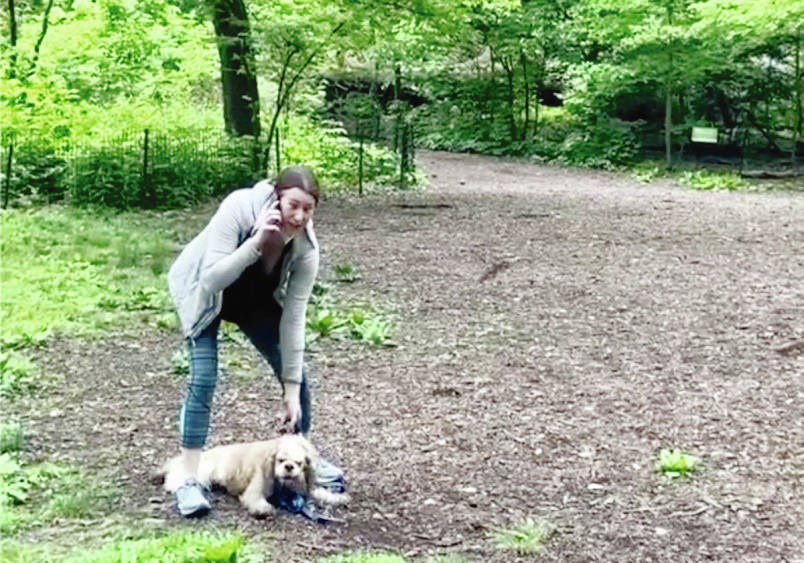The name “Karen” has received quite a bit of attention over the past year or so. The term is used for women who demonstrate their sense of entitlement in demanding things of others.
It’s commonly used to refer to Caucasian women, and it floods social media, turning up in memes and webpages.
There have been stories of women doing shameful things who earned this title. We’ve all read stories of women who have called 911 to report a Black man walking in a park, store or their neighbourhood, others wanting children’s lemonade stands shut down for lack of a permit, or demanding to speak to a manager about poor service.
Columnist Jack Knox recently wrote about how Karen was once a popular baby name, but is now a name new parents are running from.
“Karen” is just another unfair Âstereotype. While I don’t agree with the behaviour of those given this title, I also don’t support a term that is clearly Âstereotyping someone not only by their sense of entitlement but by their race.
If we want to stand up against stereotypes and racism, we need to do so fully. It is dangerous for some stereotypes to be considered OK and others not, especially when we are dividing these stereotypes by race. If we are OK with this, who draws the line as to what is appropriate and what is not? It’s a dangerous, slippery slope.
I have known many people named Karen throughout my life, and I’ve never met one I didn’t like.
I can’t imagine how it would feel to have my first name turned into an offensive term used by millions of people.
In my personal life and through my job, I’ve worked hard to dispel stereotypes that have unfairly cast people in other people’s minds and societal views.
I try to accomplish this by sharing Âdifferent perspectives and creating Âopportunities for people to be exposed to Indigenous views and experiences.
Stereotypes are harmful because they are shared as an overarching “truth” about a large demographic. That “truth” may not be a truth at all, and definitely does not pertain to every person within that Âdemographic.
We are all exposed to stereotypes and we all have some level of bias. We need to become self-aware about our biases and how stereotypes affect how we perceive others.
There are situations in my own life where I have been worried about Âstereotypes and how others might perceive me. I’ve had this being Indigenous, being a single mother and being a larger person.
When that happens, I find myself Âworking harder and trying to present myself in such a way as to dispel what Âothers have told me they believe to be true.
I know many people are working to Âcreate inclusive and equitable communities and that is great. If we are going to remove stereotypes and do our best to identify and mitigate bias, we need to be inclusive in our efforts.
We can drop the stereotype of “Karen” and still have conversations about bias, entitlement and privilege. And people who behave poorly can still be held accountable for their actions.
Charla Huber is the director of Âcommunications and Indigenous relations for M’akola Housing Society.



